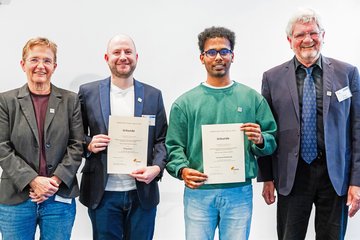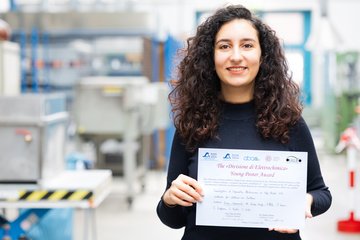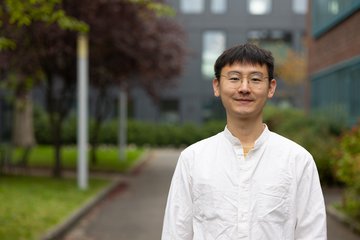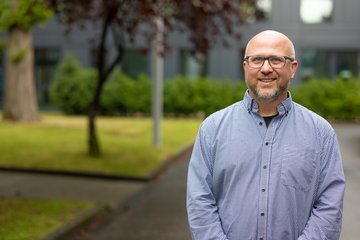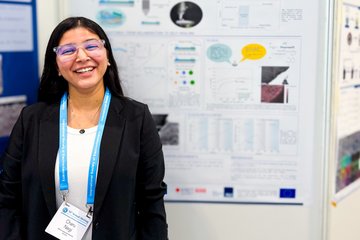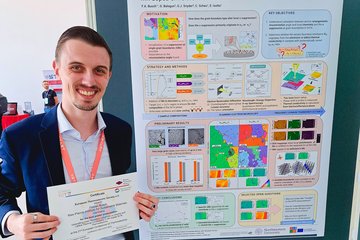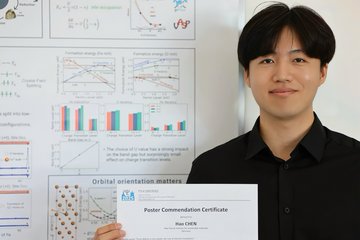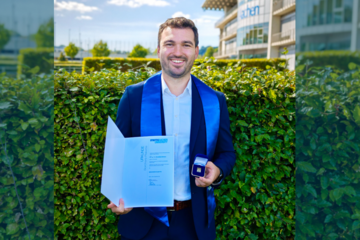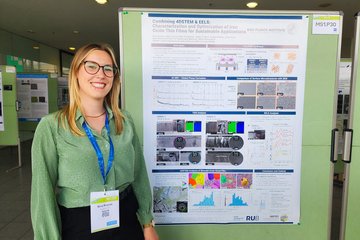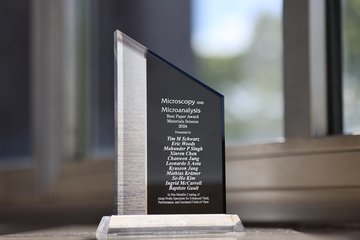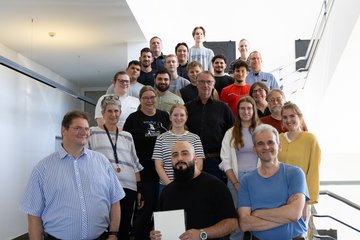Ji-Cheng Zhao receives Humboldt Research Award
Materials expert will foster collaboration with Karlsruhe Institute of Technology and Max-Planck-Institut für Eisenforschung
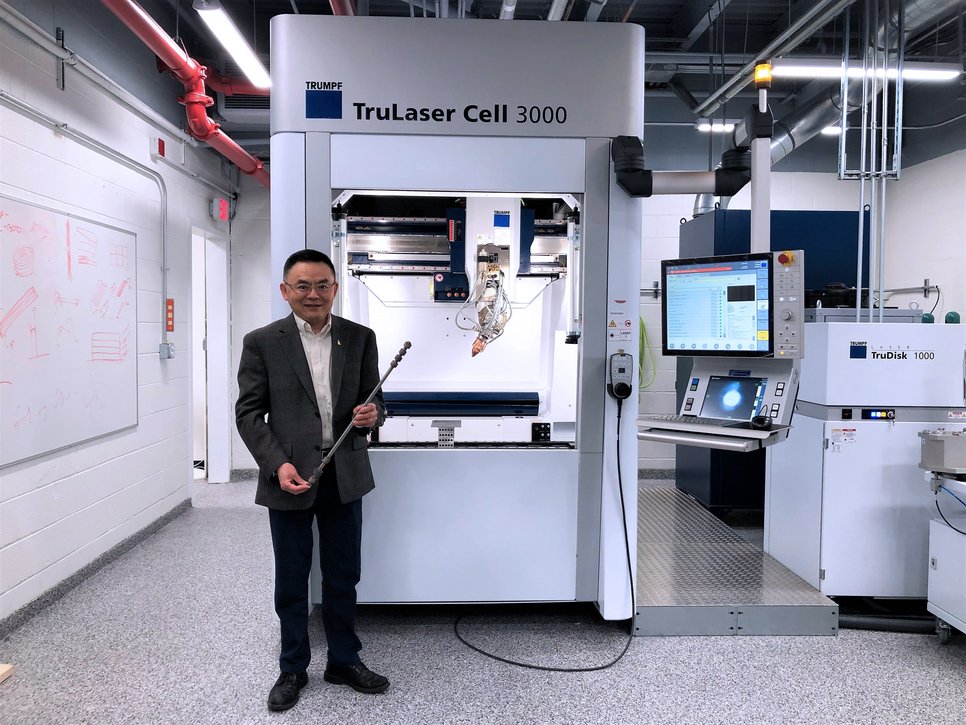
The Alexander von Humboldt Foundation awarded Ji-Cheng (JC) Zhao, Minta Martin professor of engineering and chair of the department of Materials Science and Engineering at the University of Maryland (USA), a Humboldt Research Award endowed with 60,000 euros. With this award, Zhao will foster his collaborations mainly with professors Dierk Raabe, managing director of the Max-Planck-Institut für Eisenforschung (MPIE) and Peter Gumbsch at the Karlsruhe Institute of Technology (KIT) and the Fraunhofer Institute for Mechanics of Materials IWM. Both scientists nominated Zhao for this award.
“I am very honoured and thrilled to receive the Humboldt Research Award, which will enable me to spend quality time with fantastic colleagues in Germany to integrate our respective expertise and explore innovative ways to accelerate the development of new alloys for a range of potential applications,” said Zhao. “I very much look forward to visiting Germany to perform this collaborative research.”
“We are most exited to welcome professor Zhao soon at our institute. He is a world-leading expert in combinatorial alloy design with highest relevance for a wide range of game-changing topics such as sustainable energy supply, hydrogen-based economy solutions, lightweight design in transportation and high-temperature alloys for efficient gas turbines. Together we will work on combinatorial alloy design and materials that are custom-designed for additive manufacturing.” says Raabe.
Peter Gumbsch adds: “We are looking forward to intensifying our collaborations with professor Zhao, a pioneer and world leading expert in high-throughput combinatorial materials characterization. Having professor Zhao in Germany and welcoming him at KIT and Fraunhofer IWM will give us the opportunity to increase our interactions on the thermodynamic and mechanical properties of materials. In particular we want to collaborate on the use of data based methods to combine modelling and experimental techniques.”
Before joining the University of Maryland in July 2019, Zhao was a professor at the Ohio State University (OSU) for nearly a decade. From 2014 to 2017, he took leave from OSU to serve as a program director at the Advanced Research Projects Agency-Energy of the U.S. Department of Energy where he launched and managed a wide range of projects to develop technologies aimed at increasing energy efficiency and reducing greenhouse gas emissions.
Prior to joining OSU, Zhao was a materials scientist and project/team leader at GE Research Center in Schenectady, New York (USA). Zhao’s research focuses are on the design of advanced alloys and coatings, additive manufacturing (3D printing) of alloys and composites, high-throughput materials science methodologies, determination of phase diagrams and other materials properties, and computational thermodynamics and kinetics.
Zhao pioneered the development of a diffusion-multiple approach and co-developed several materials property microscopy tools for accelerated materials discovery and development. The invention of ultrafast laser materials property microscopy by the Zhao-Cahill team was recognized as one of the eight finalists for the 2018 Berthold Leibinger Innovationspreis. Zhao was the recipient of the 2021 William Hume-Rothery Award that is presented annually to recognize a scientific leader for exceptional scholarly contributions to the science of alloys. He holds 49 issued U.S. patents covering a wide range of materials, processes and systems. One of the alloys he co-invented is widely used in GE electricity-generation gas turbines.
The Alexander von Humboldt Foundation grants up to 100 Humboldt Research Awards each year to the most distinguished international researchers, from all disciplines, in recognition of their academic achievements. Award winners receive 60,000 euros and are invited to conduct a research project of their choice at a research institution in Germany for up to a year. As the awardee is free to choose any host institution in Germany, the prize counts as a great honour for both, the awardee and the host institution.
Authors: Katie Holland (University of Maryland), Yasmin Ahmed Salem (MPIE)

